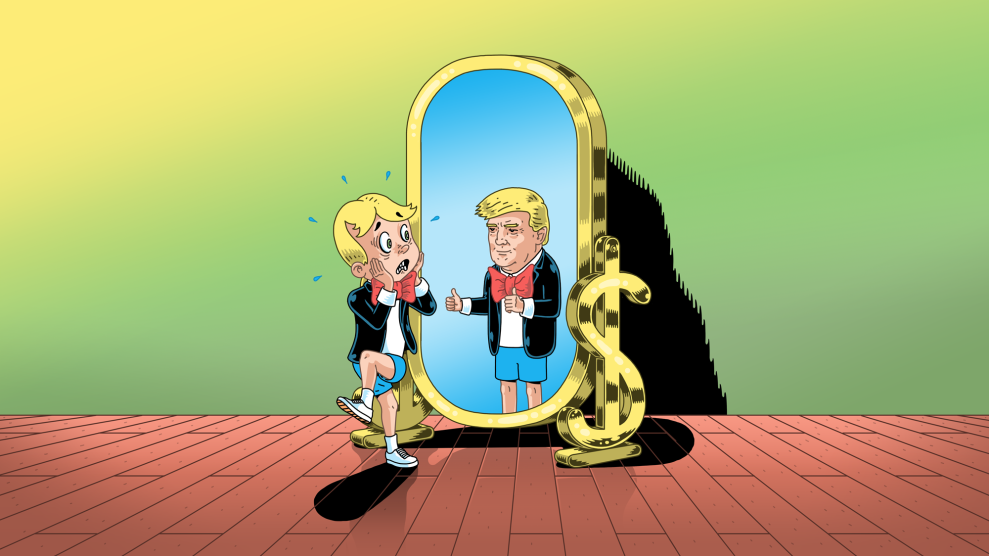Culled from two dozen hours of videotaped interviews with Robert McNamara and declassified White House recordings from the ’60s, this latest film from documentarian extraordinaire Errol Morris is a memorable piece of work. Among other things, Mc-Namara makes the case against himself as a “war criminal” for having helped plan the firebombing of Japanese cities during World War II, resulting in 900,000 civilian casualties.
But who’s in control here? The film is structured as 11 “lessons,” each written by its own less-than-trustworthy subject. (Lesson #9: “In Order to Do Good, You May Have to Engage in Evil.”) This is the same McNamara known for never answering the question he’d been asked, but rather the question he wished he’d been asked. True to form, when Morris asks him about Vietnam, he delves into an autobiographical tour of duty that includes wistful reminiscences of his ’50s tenure at the Ford Motor Company.
When McNamara finally does discuss his role in Vietnam, his weepy remorse comes across as both genuine and self-serving. It’s tempting to say that Mr. Death, Morris’ previous movie, would have made an apt title for this film. But Fog does not leave the viewer with such moral clarity. As McNamara is quick to point out, this Mr. Death also helped bring us the seatbelt.
















